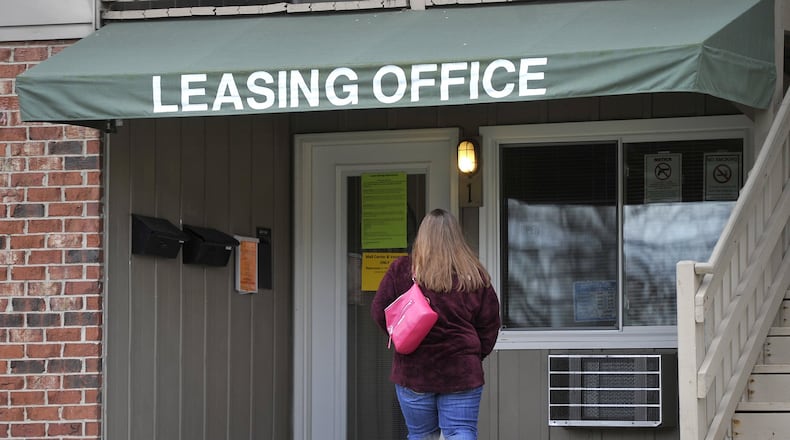Cavanaugh said the program made landlords whole as well as kept people from being evicted.
“I’m afraid for people that won’t go back to work,” she said. “We’re enabling people not to move forward.”
Cavanaugh said the program launched in April 2021 and has spent $2.25 million and has assisted 310 households. She said there is about $75,000 worth of assistance pending with the agency. The county is following federal guidelines to help people pay back-owed or currently-owed rent to their landlords up to 15 months maximum for many cases.
“Everyone who applied for the program has to show how COVID-19 impacted them such as getting laid-off, or getting sick, etc.,” she said.
She said applications will continue to be accepted until 11:59 p.m. March 31. Landlords and tenants are being notified that this program is ending, Cavanaugh said.
“I feel confident that people can be assisted through other programs,” she said. “There are jobs out there, and this program did what it intended to do.”
Cavanaugh said there are additional programs through Warren County Community Services that received federal funding and guidance for rental assistance in addition to the county JFS office. She also said the county JFS has other resources available to assist people who need help.
After the last payments are processed, Cavanaugh said she will meet with the county commissioners sometime in May to return unused rental assistance funds back to the U.S. Treasury.
Martin Russell, deputy county administrator, said he was not sure if funds returned to the federal government can be reallocated back to Warren County for use in other related areas, such as childcare.
Cavanaugh said she is working on a program to shift some available federal funding to help low-income families with childcare costs.
Commissioner David Young said during that discussion with Cavanaugh that the goal was to get people back to work, adding that the inflationary pressures being felt are due to the increased amount of government spending.
About the Author

